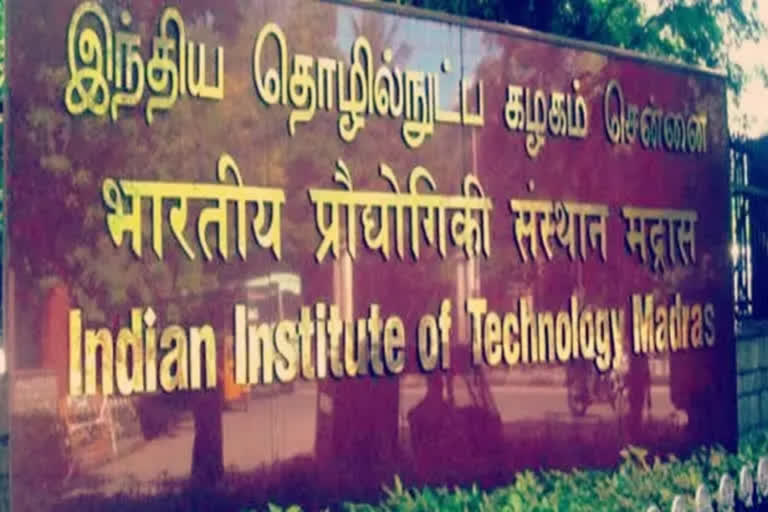Chennai: Indian Institute of Technology Madras (IIT Madras) announced the top 30 teams of the Carbon Zero Challenge (CZC) 2022, an all-India eco-innovation and entrepreneurship competition. These teams will undergo six months of training at the Institute on building prototypes of environment-friendly technologies, identifying customers, and sustainability and developing a viable business model for commercialization of their innovations.
The CZC 2022 aims to support young minds to innovate and create start-ups in the environment domain to solve major challenges with respect to five Natural resources water, energy, air, soil, and materials/solid waste. The previous editions of the competition have supported 50 teams in the last two rounds and many have become successful start-ups.
The competition received 750 registrations across India in five thematic areas out of which 30 were shortlisted. After their six-month training, the top five teams will be declared CZC 2022 winners and will get Rs. 10 lakh as a start-up seed grant and continued support from IIT Madras such as access to IITM incubation resources and Angel and VC funding.
The winners were announced on Friday in the presence of Gagandeep Singh Bedi IAS, Commissioner, Chennai Corporation, Prof. V. Kamakoti, Director, IIT Madras, Sivarajah Ramanathan, Mission Director, and CEO, Tamil Nadu Start-up and Innovation Mission (TANSIM), Prof. Indumathi M. Nambi, CZC Principal Coordinator, and other stakeholders.
Addressing the event, Gagandeep Singh Bedi IAS, Commissioner, Chennai Corporation, said, “Greenhouse (GHG) Emissions from various cities in the world pegs at 75 to 80 percentage. It mainly comes from the vehicle emissions and the land refills that create immense GHG. Fire occurs at these landfills due to land waste that emits methane. We all have a duty for GHG Emissions reduction. This Carbon Zero Challenge is something that all of us need to do.”
“In the last few years, Greater Chennai Corporation has replaced most of the diesel waste collection vehicles into battery-operated vehicles. At about 5,200 such vehicles, we are among the civic bodies in the country with the largest number of electric vehicles. We also have started 175 micro-collecting centres to decentralise waste composting and avoid artificial mountains outside the cities... Another important aspect is establishment of two centres for generating Bio-CNG, which a few other cities have already started producing Bio-CNG from wet waste. We plan to start converting about 2,500 metric tonnes to Bio-CNG,” Bedi added.
